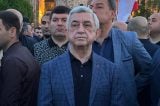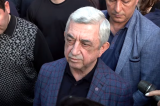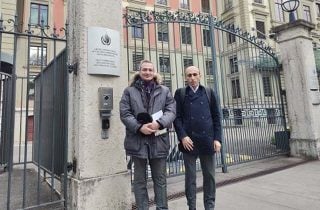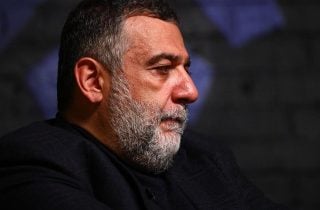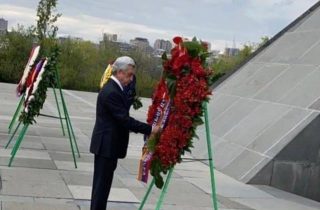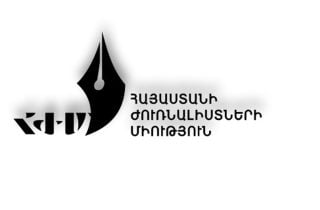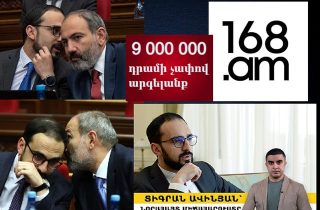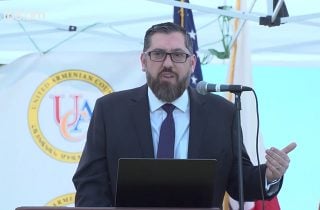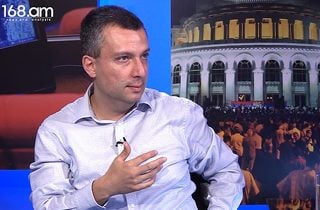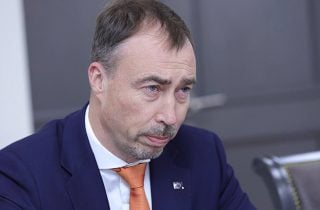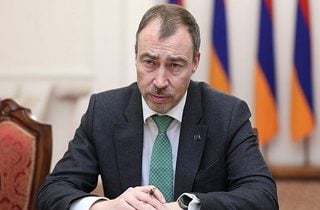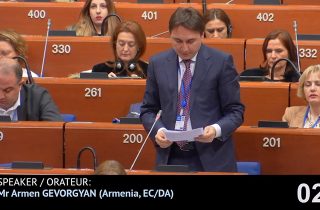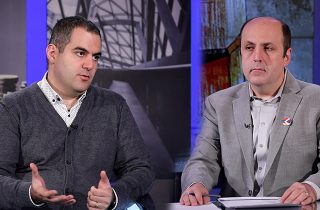Amanda Paul: Yerevan doesn’t want to seen a fully under the control of Vladimir Putin
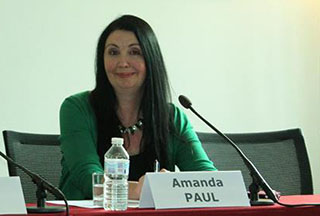
Interview with geopolitical and foreign policy analyst at «European Policy Centre» in Brussels: Amanda Paul
– A trilateral meeting was held on September 4 in Welsh city of Newport between Armenian President Serzh Sargsyan, Azerbaijani President Ilham Aliyev and US Secretary of State John Kerry on the initiative of the American side. This meeting was within the framework of the summit of the NATO members and the participants of ISAF and it was held only after a month from the last meeting in Sochi organized by Russian President Putin. How do you assess that meeting especially taking into account this fact? And what is the geopolitical significance of this American initiative?
– While there does not seem to be much prospect of resolving the Nagorno-Karabakh conflict within the terms of the current peace proposal in the near future, it nevertheless remains important that the peace process continues and that the two leaders are brought together as much as possible. Although clearly the process needs to be more than just a talking shop, as was coined by former British Prime Minister, Winston Churchill, ‘it is better to jaw-jaw, than to war-war’. Keeping up dialogue, as opposed to allowing months and months to pass; almost forgetting that there is a very dangerous conflict simmering in Europe’s backyard, generally serves to increase tensions on and around the line of contact as well as on the Azerbaijani-Armenian border proper.
Regarding geopolitical significance, of course one could say that such meetings prevent Russia from having a monopoly, but at the same time such gatherings – NATO Summit, UN General Assembly -, where Sargsyan and Aliyev are both present, offer a good opportunity to hold such a conversation. There is a need to balance the role of Russia which projects itself as the only player able to influence Armenia and Azerbaijan, as was shown by President Putin at the recent meeting in Sochi. However, given Russia’s invasion of Ukraine and the counterproductive role it plays in other regional conflicts, Russia is far from being a peace-maker, but rather uses conflicts as vessels to project power, shore-up its own interests and further heighten the security threat in particular by continuing to sell arms to both Armenia and Azerbaijan.
– Do you think this American mediation and the upcoming meeting on the French initiative will help to prevent further escalation of violence along the Line of Contact and to make progress in the peace process?
– I believe that these initiatives should be welcomed and be seen as important in terms of keeping the two leaders engaged and possibly helping prevent further escalation. It is also important for mediators to have a transparent and neutral approach. With regards to France there have been several rumors circulating that a push will be made to have the Nagorno-Karabakh Community join the peace-process. I do believe their presence at the talks could prove useful given peace negotiations are about their future. How we need to remember that when talking about the Nagorno-Karabakh Community this is not simply the Armenian Karabakh Community but also the displaced Azerbaijani Community. All those that are affected by the conflict need to be at the table in negotiations that are carried out in an inclusive manner.
– However, can these new formats be reason for the collapse of the Minsk Group?
– I do not believe there is any chance of the Minsk Group collapsing. Indeed in Wales, John Kerry, underlined the importance of the Minsk Group. It may be that the Minsk Group needs to be broadened to inject some new ideas. Ultimately it is not the Minsk Group that is responsible for a solution it is Azerbaijan and Armenia and today we are further from reaching an agreement than two decades ago. With each year that passes the conflict becomes more entrenched and more difficult to resolve and consequently more dangerous as the clashes in early August showed with a reported combined death count of 20-30 soldiers.
Karabakh, despite the lack of progress, should not be put on a back-burner. It should be much higher on the international agenda and more effort should be made to press for progress because if this is not done, one day the saber-rattling and skirmishes will explode and the result will be very ugly indeed.
Hence the existence of the Minsk Group does mean it has to remain the only Forum for talking peace. New formats can compliment the talks
– Was Sargsyan’s participation in NATO summit just a common event or it can be considered as some kind of message by Yerevan that Armenia highlights the relations with the West and NATO, especially participating in NATO summit exactly one year later after September 3, 2013?
– Since Armenia’s decision, just over a year ago, not to proceed with its Association Agreement including a Deep and Comprehensive Free Trade Agreement (DCFTA) with the EU, but to join the Russian-led Customs Union instead, highlighting relations with NATO has become more important as Yerevan does not want to seen a fully under the control of Russian President, Vladimir Putin. So expanding ties with NATO is useful, given at this point it remains unclear what sort of relationship/agreement that Armenia will ultimately have with the EU. However, if Russia one day considers that Armenia is getting too cozy with NATO, it may demand a change of course. Given Armenia’s deep military and security ties with Russia and the CSTO this may seem impossible. However, we also know that everything and anything can be possible with Putin.
– It’s also interesting to know what do you think about the the perspectives of Armenian-Turkish relations? Armenia’s Foreign Minister Eduard Nalbandian attended the inauguration ceremony of Turkish President-elect Recep Tayvip Erdogan and handed him over the official invitation by Armenian President to attend the Armenian Genocide centenary event in Yerevan on April 24, 2015. Secondly, it looks like President Erdogan keeps linking Armenian-Turkish relations with Karabakh conflict: in Baku he stated that Turkish-Armenian relations will be reconciled if the conflict between Azerbaijan and Armenia over Karabakh is resolved, and what about the new Prime Davutoglu, he added a point in his Cabinet’s program about “putting an end to occupation of Azerbaijani lands”. Is this just a rhetoric or this is a real policy which will be pursued by Turkey?
– Indeed Nalbandian used the visit to hand Erdogan an official invitation to visit Armenia in April 2015 and commemorate the 100th anniversary of the Armenian Genocide. There has been no response from Ankara yet. During his visit to Azerbaijan, Erdogan – as well as others in the government including Prime Minister Davutoglu, and Foreign Minister, Cavusoglu, made it clear that they have an Azerbaijan first policy when it comes to normalizing relations with Armenia. Hence Turkey has directly linked relations with Armenia to progress on the Nagorno-Karabakh, in particular Armenia retuning the Azerbaijani territories is occupies. This policy will not change.
Interviewed by Aram Sargsyan




